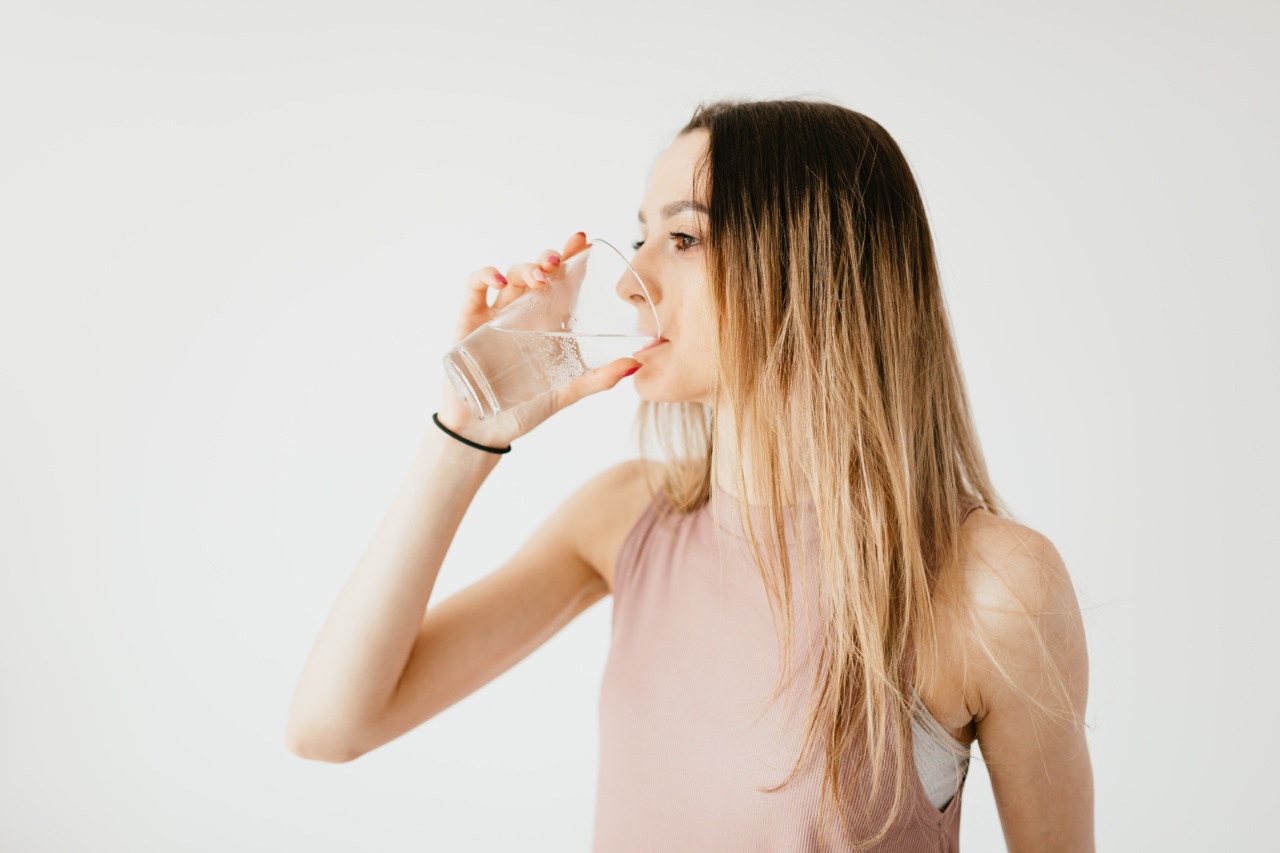Keeping your pet healthy and full of energy is crucial for their overall well-being. While regular exercise and veterinary care are essential, providing a balanced and nutritious diet is equally important.
A nourishing diet plays a vital role in improving your pet’s vitality, helping them lead a happy and active life. In this article, we will explore various ways to enhance your pet’s vitality through diet.
1. Choose High-Quality Pet Food
The foundation of a healthy diet for your pet begins with selecting high-quality pet food. Look for brands that use real, whole-food ingredients, without fillers or artificial additives.
Avoid food that includes meat by-products, as these are low in nutritional value. Opt for products that list specific meat sources, such as chicken or beef, as the primary ingredient.
2. Consider a Balanced and Nutritious Diet
A balanced and nutritious diet is essential for your pet’s vitality. It should include a combination of proteins, carbohydrates, healthy fats, vitamins, and minerals.
Consult your veterinarian to determine the right macronutrient ratios and specific dietary needs for your pet’s breed, size, and age. Pets with specific health conditions may require specialized diets.
3. Include High-Quality Protein
Protein is a crucial component of your pet’s diet as it supports muscle development and overall growth. Include high-quality sources of protein, such as lean meats (chicken, turkey, beef) or fish.
If your pet is on a plant-based diet, ensure they receive sufficient protein through sources like tofu, lentils, and quinoa.
4. Incorporate Healthy Fats
Healthy fats are another key element to boost your pet’s vitality. Include sources of omega-3 and omega-6 fatty acids, such as fish oil, flaxseed oil, or salmon. These fats help maintain a shiny coat, promote brain health, and reduce inflammation.
Be cautious with the quantity of fat, as excess can lead to weight gain and other health issues.
5. Provide Sufficient Fiber
Fiber plays a vital role in maintaining a healthy digestive system for your pet. It aids in smooth bowel movements and prevents digestive issues. Include fiber-rich ingredients like pumpkin, sweet potato, or brown rice in your pet’s meals.
However, be cautious not to exceed the recommended amount of fiber, as excessive intake can lead to digestive disturbances.
6. Avoid Harmful Additives
Many pet food products contain harmful additives such as artificial colors, flavors, and preservatives. These additives can have long-term negative effects on your pet’s health.
Opt for natural, organic pet food options that are free from these additives. Read the ingredient labels carefully and choose products that prioritize your pet’s well-being.
7. Control Portion Sizes
Feeding your pet appropriate portion sizes is crucial for maintaining a healthy weight and overall vitality. Overfeeding can lead to obesity and related health issues.
Follow the suggested portion sizes provided on the pet food packaging, or consult your veterinarian for customized feeding recommendations tailored to your pet’s specific needs.
8. Stay Hydrated
Proper hydration is essential for your pet’s overall health and vitality. Ensure your pet always has access to clean and fresh water. Dehydration can lead to various health problems, including urinary tract issues and reduced energy levels.
Monitor your pet’s water intake and encourage them to drink regularly, especially during hot weather or after physical activity.
9. Include Natural Supplements (When Necessary)
In certain cases, your pet may require specific supplements to enhance their vitality. Consult your veterinarian before incorporating any supplements into your pet’s diet.
Common supplements include joint support for older pets, multivitamins, and omega fatty acids. Remember, supplements should never replace a balanced and nutritious diet, but rather support it when needed.
10. Gradual Transition and Observation
When introducing any changes to your pet’s diet, it’s essential to do so gradually. Abrupt dietary changes may cause digestive upset. Gradually transition your pet to a new diet by mixing small portions of the new food with their current food.
Monitor your pet’s response to the new diet, including any changes in energy levels, coat quality, or overall well-being.
Conclusion
Improving your pet’s vitality through diet requires thoughtful consideration and attention.
By prioritizing high-quality pet food, a balanced and nutritious diet, and avoiding harmful additives, you can significantly enhance your pet’s overall health and energy levels. Remember to consult your veterinarian for personalized dietary recommendations based on your pet’s individual needs. With the right diet and care, you can ensure your pet leads a vibrant and fulfilling life.





























